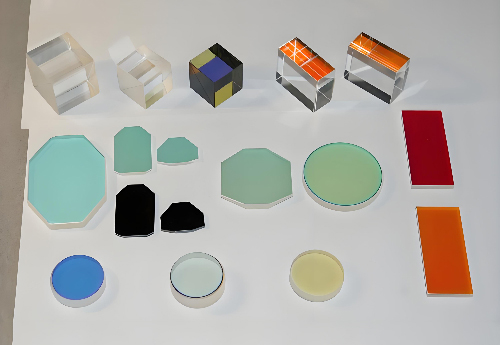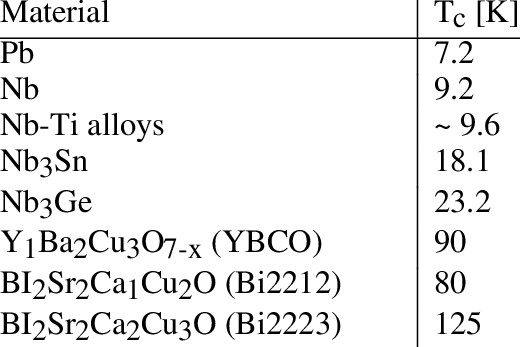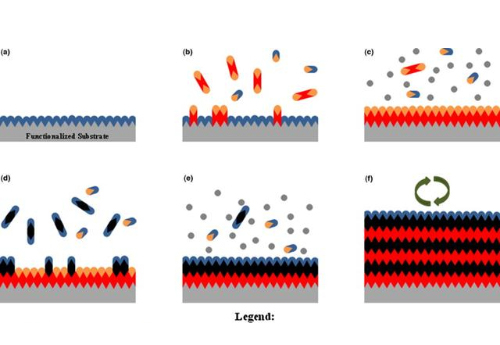How Do We Use Zirconium?
Hydrogen Storage Material
Zirconium has strong hydrogen absorption performance, its largest hydrogen uptake amounts to ZrH1.93 as a hydrogen storage material. Zirconium compounds with special excellent properties, such as resistance to high temperature, oxidation, corrosion, and abrasion. It also has piezoelectricity and outstanding nuclear performance, all of which make it a wide range of applications as the structured and functional ceramic material in many industrial sectors, especially in high-tech industries.
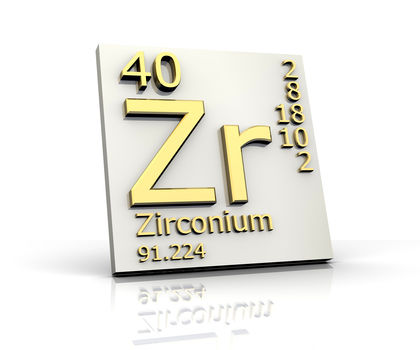
Electrical and Electronic Industry
Zirconium is used as a getter, grid, and capacitor in the electrical and electronic industry. It can make dynamite, deflagration agents, fuze, and thermal battery emission materials in weapons. Zirconium powder is also used on new missiles. With its high melting point and emission ability, zirconium was also used as a plasma-cutting electrode.
Alloy Additive
Zirconium alloy additive can improve the alloy performance in the metallurgical industry. Metal zirconium has strong adsorption to O2, N2, and S, zirconium with N2 can improve the aging strengthening performance of steel; the dehydrogenation of zirconium can slow down the steel grit. For the reasons given above, zirconium is often made into master zirconium alloys such as zirconium iron, aluminum zirconium alloys, aluminum zirconium iron, vanadium iron, and so on as the deoxidizing agent and additive, which mainly used in low alloy steel, steel armor, weapons steel, stainless steel, and high-temperature steel. As the modifier of grey cast iron, zirconium alloy can neutralize the effect of sulfur to improve the mechanical properties of high sulfur and low manganese cast iron.
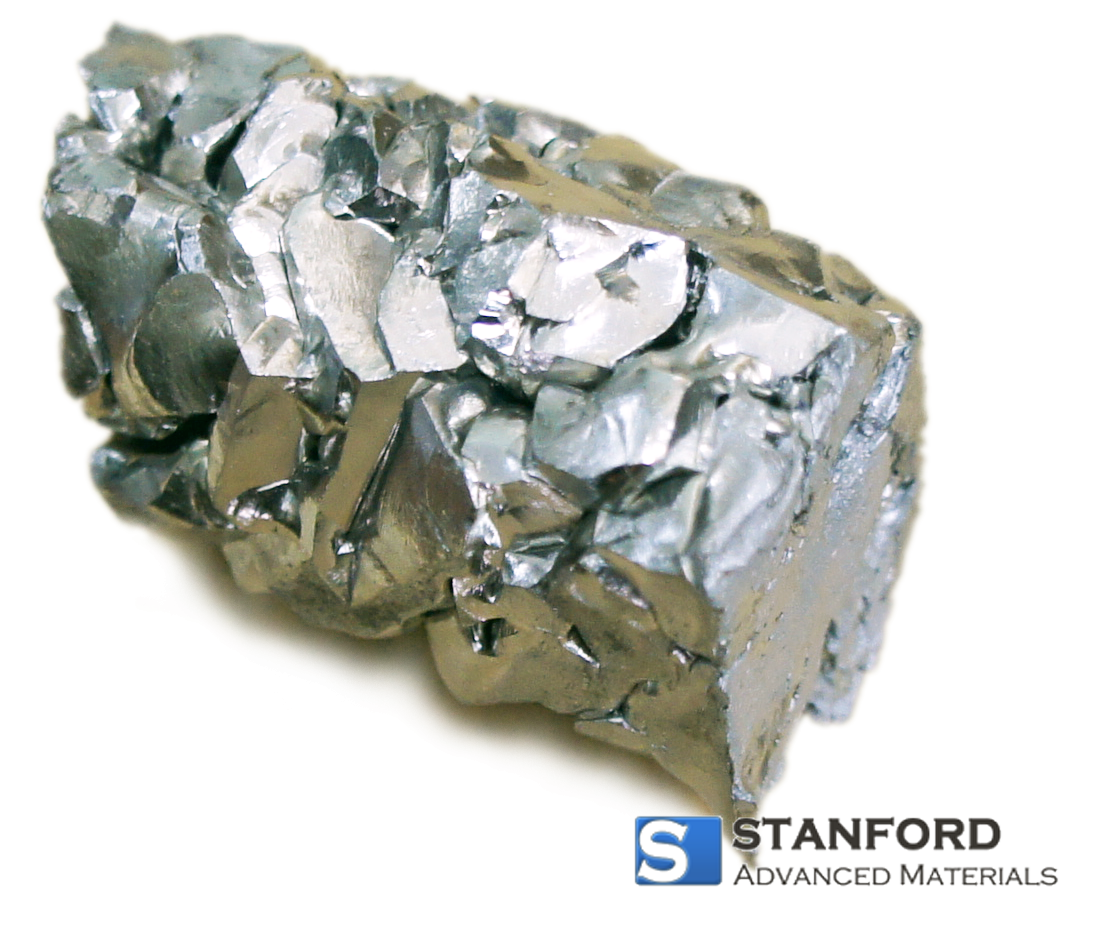
Zirconium is also an important alloy element or additive of nonferrous metal, such as copper alloy, aluminum alloy, titanium alloy, magnesium alloy, and nickel-based superalloys. Magnesium-zirconium alloy, as the master alloy, can make the alloy crystallization fine and high-temperature increase, so as to use for aircraft engine components.
Biomedical Materials
Zirconium has good compatibility with muscle, bone, and brain tissue, which can be used to make all sorts of medical apparatus for surgery and other biomedical materials. Zirconium and zirconium alloy are also used to make all kinds of jewelry and high-grade decoration.
Conclusion
Thank you for reading our article and we hope it can help you to have a better understanding of how zirconium is used. If you want to learn more about zirconium products, we would like to advise you to visit Stanford Advanced Materials (SAM) for more information.
Stanford Advanced Materials (SAM) is a worldwide supplier of zirconium metal and has over two decades of experience in the manufacture and sale of zirconium products, providing high-quality products to meet our customers' R&D and production needs. As such, we are confident that SAM will be your favorite zirconium supplier and business partner.


